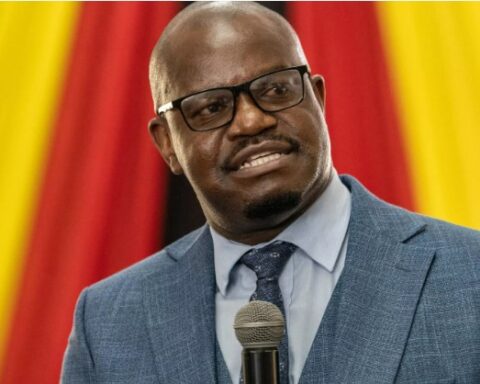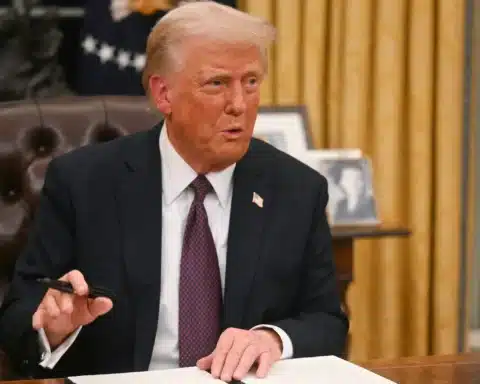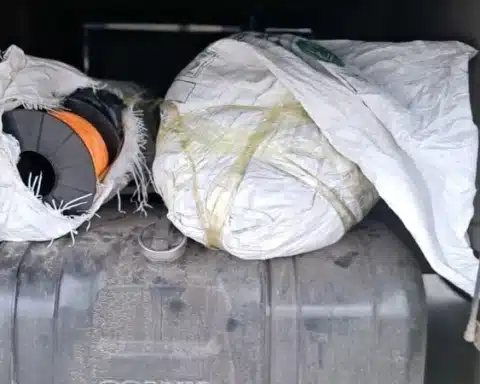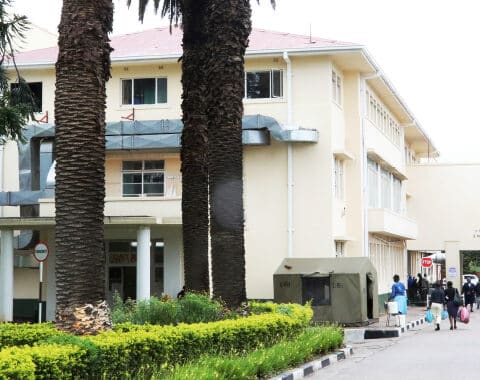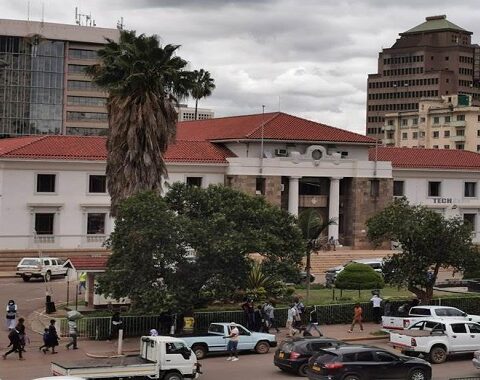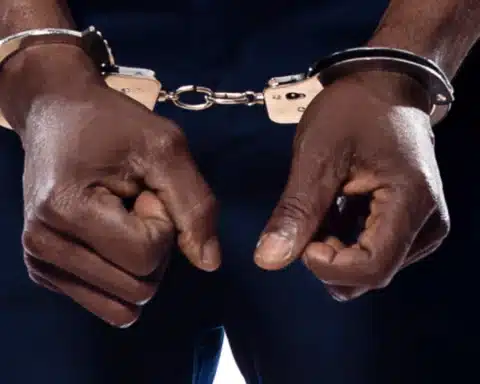HARARE – People were hugging army members and singing, laughing and waving for the cameras. Harare had not seen a gathering like this for more than 15 years.
Fake news was thriving yesterday with false statements that President Robert Mugabe had dissolved the Zimbabwean parliament.
“He doesn’t have the power to do that,” said Douglas Mwonzora, secretary-general of the Movement for Democratic Change, a leading lawyer, who was a main player in formulating the 2013 constitution. He can’t dissolve parliament, not interrupt or interfere with when it sits.”
On Sunday, the Zanu-PF central committee would meet and try to strip Mugabe of his post as president and first secretary of Zanu-PF, said Zanu-PF central committee member Paul Mangwana, who along with Mwonzora was a main player in creating the latest
constitution.
“We will only know whether the central committee has enough support when it meets,” he said.
All Zanu-PF’s 10 “provinces” voted on Saturday that they had “no confidence” in Mugabe.
“For sure the central committee will vote him out,” said another Zanu-PF committee member who asked not to be named. He laughed as he said: “We need to tell him we love him so much and he must go home and rest now as he is old and does not need this tension in his life.”
Mwonzora said that even if Mugabe was axed, or “recalled” from his leadership of Zanu-PF, this would not mean he would automatically lose his post as national president.
“Although Zanu-PF can recall him and even expel him from the party, they cannot force him from the national presidency. The constitution says parliament can declare a vote of no confidence in the government and he, the president, would have to sack all his
ministers and appoint a new cabinet.”
If this happened and Mugabe refused to comply with this provision, then he would be forced to step down, in terms of the constitution.
“So the sensible thing would be for Mugabe to resign now,” he said.
Sources close to the negotiations between Mugabe and the military said he wanted guarantees of his and his wife Grace’s assets. Most of the family’s assets are farms taken from whites. All land seized from whites post 2000 became state property in 2005 when the constitution was changed.
Grace has invested heavily in much of that land. Some of the investment was done with money borrowed from the Commercial Bank of Zimbabwe. Other was financed by a Taiwanese-born South African Jack Ping, such as the orphanage. The two expensive schools she built, she claims were paid for by a Chinese company, but they are built on state land.
Grace recently bought two expensive urban properties, one in an upmarket northern suburb in Harare last year, and the valuable asset is being transferred to her name. She bought another in Johannesburg six months ago.
But it is not clear where she got the money to pay for the properties or whether she paid tax on them. She has also built a three-storey mansion atop a piece of land she invaded and took from an old white couple in 2002. That house is on state-owned land.
The Mugabe family businesses include a well-equipped dairy, massively extended and upgraded since the land was taken from a white farmer. This farmer was paid about half the value of his dairy farm, but the cash payment to him in 2004 was from a state-owned enterprise. The family mansion where the Mugabes live in the Harare suburb of Borrowdale was built at massive cost, with unexplained funds, from 2000. It is owned by Robert Mugabe, who bought the land shortly after independence.
It was never clear where he got the money from to build the 10 000m² property on three floors, with a helipad, dams and a sculpted game park.
Grace also claims she owns part of an apartment in Hong Kong and the Zimbabwe government has spent millions of rand on the case in the high court in Hong Kong claiming it owns the flat and bought it in a “secret” deal. The case will be heard early next year. Jack Ping claims he owns the flat.
The Mugabes occupy more land – taken from whites with the exception of one farm Robert Mugabe bought just before land invasions began – than any other person in Zimbabwe both before and after independence from the UK in 1980. Mugabe admits regularly his business empire was still losing money, including the dairy.
He and his wife are understood to have a US$30-million (R420m) overdraft at the Commercial Bank of Zimbabwe. Zimbabwe’s taxpayers funded the Mugabe family’s farming activities prior to formation of an inclusive government in 2009. There are plans by MPs to go to parliament tomorrow and file papers for a debate to begin proceedings in the house to strip Mugabe of his presidency.
INDEPENDENT FOREIGN NEWS

